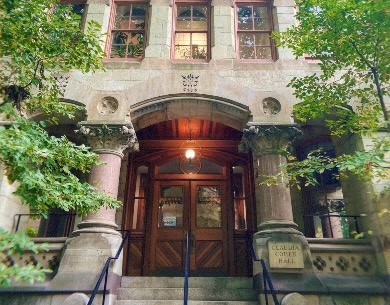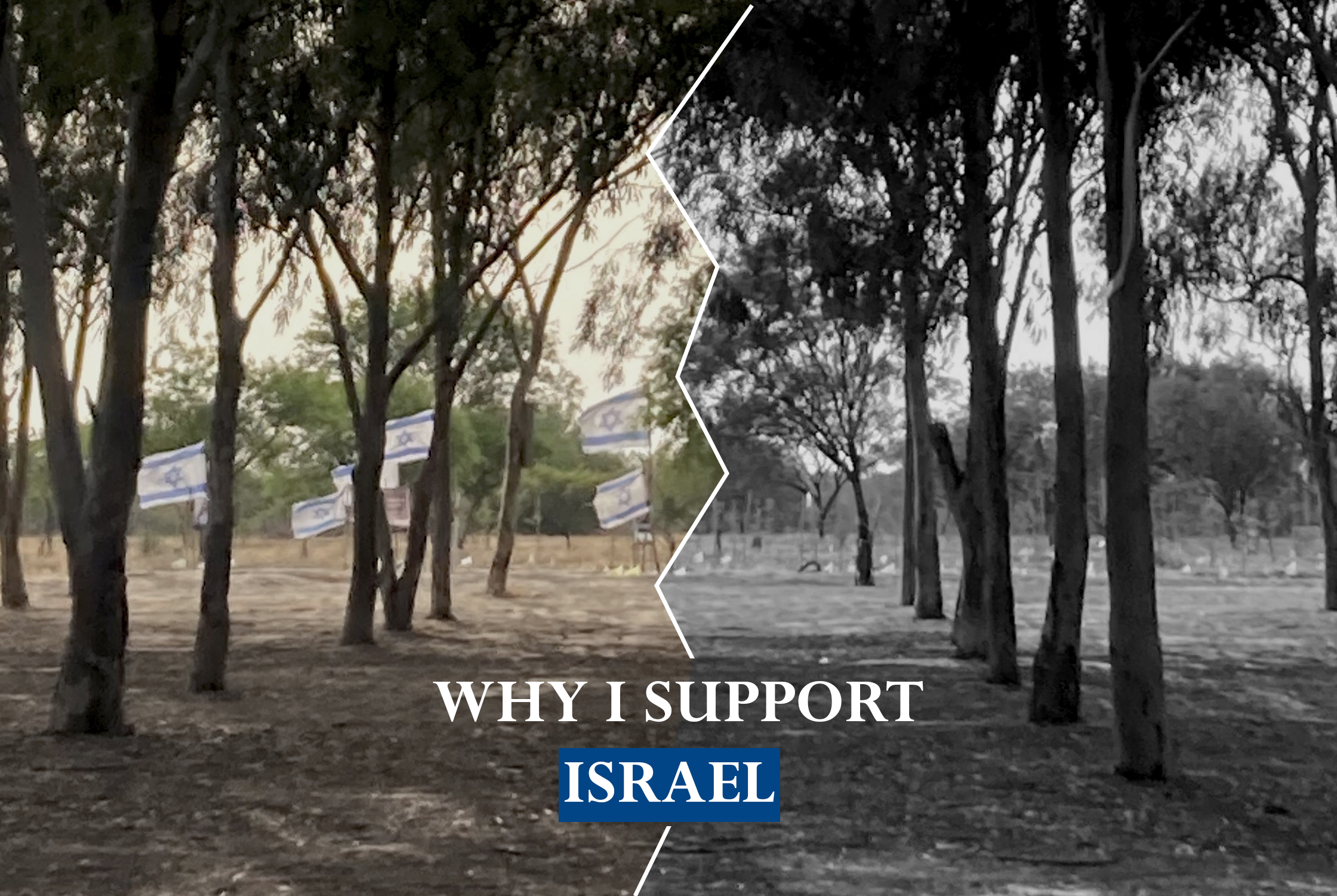Guest Column | It’s time to teach the next generation of leaders how to debate

Claudia Cohen Hall at Penn, the home of Penn’s College of Arts and Sciences. / Photo credit: Jennifer Mesa
By Wesley Liu
The need for vigorous intellectual debate at Penn has never been more critical than it is today. Institutional neutrality, far from stifling conversation, plays a pivotal role in fostering an environment where thoughtful and respectful debate can thrive.
Whether it is the conflict in Israel, the upcoming presidential election, or other controversial political issues, it is a public good for educational institutions like Penn to train the next generation of leaders to have thoughtful, respectful conversations, including debates about disagreeable topics. While Penn boasts of offering a “classic liberal arts education,” there are questions about how well the institution equips its students to think critically and communicate respectfully. When students fail to thoughtfully consider opposing perspectives or argue charitably against the strongest version of their opponent’s case, it highlights a deficiency in the critical thinking and communication skills that Penn is responsible for cultivating.
Of course, Penn’s timely embrace of institutional neutrality comes against the backdrop of campus encampments and discord surrounding the conflict in Israel. My hope is that “institutional neutrality” does not induce a chilling effect on students freely and intentionally expressing their opinions. However, I am concerned about another chilling effect at play: the heckler’s veto. Groups on campus, such as Penn Students for Justice in Palestine or Penn Faculty for Justice in Palestine might hold a more popular point of view on campus, this does not mean that they get to dehumanize the other side or avoid civil debate and discussion. As the conflict in Israel continues, my hope is that the Penn community takes a moment to reflect. To reflect on how the conflict in Israel brought out significant animosity toward other students and how many students might be grieved by the response of the Penn administration – these feelings are real, but they should be discussed constructively.
It goes without saying that more could be done in creating a culture and environment of free speech, such that no reprisals or sanctions are taken against students for adopting minority or contrarian positions providing that they are expressing themselves respectfully, civilly, and in compliance with the law. The measure of the health and strength of our community is our ability to thrive with our controversial differences in mind. Indeed, if our community fumbles at the sight of mere disagreement, then it is no community at all. Our community’s growing intolerance for disagreement, especially toward political and religious minorities, warrants deeper examination and dialogue.
It is no secret that most American higher education institutions have a ‘progressive’ or ‘liberal’ bent across student and faculty populations. Among students, according to the Foundation for Individual Rights and Expression’s (FIRE) 2024 report, liberal students outnumber conservative students 8-to-1. Regarding faculty, as Shields finds, “the ratio of Democrats to Republicans at Williams College is 132:1; at Swarthmore it is 120:1; and at Bryn Mawr it is 72:0. At many of America’s best research universities, the ratios are only moderately better.” The dominance of progressive perspectives in both student and faculty groups clearly results in a lack of engagement with more conservative or diverse viewpoints, stifling robust debate. Because of such liberal bias, institutions like Penn have become extremely attractive to progressive activists, alienating half of the country.
If Penn truly cares about equipping students to think critically and communicate respectfully, then there needs to be diversity of political affiliations, philosophies, and religions. Without viewpoint diversity, any talk about free speech is futile since there is effectively one dominant type of speech.
Viewpoint diversity is important for another reason. As popular culture has become increasingly left-leaning, it is no surprise that institutions like Penn have gone along. In recent years, many academic institutions have had more pronounced political associations to the left. Penn has created an environment that attracts elite liberal students to create a pipeline into the predominantly liberal corporate world—an extremely successful self-sustaining business model. However, this comes at the cost of radicalizing the institutional culture at a place like Penn thereby alienating more politically conservative and moderate students. Perhaps this is why, according to a recent Gallup poll, trust and confidence in American higher education has diminished significantly across the political spectrum, but most acutely among moderates and conservatives.
In light of Penn’s recent commitment to institutional neutrality, it now behooves the institution to consider what the implications of institutional neutrality are to free speech and viewpoint diversity. Penn has now committed to be politically neutral, its hiring practices must consequently consider more seriously the hiring or admission of conservative or non-progressive faculty and students.
Institutional neutrality and the viewpoint diversity that institutional neutrality should bring to Penn is directly linked to Penn’s free speech rankings. FIRE ranks Penn at 247th out of 248 colleges, ranking it “very poor” when it comes to its free speech environment. The FIRE ranking has Penn ranked 32nd for tolerance for liberal speakers, while ranking 220th for tolerance for conservative speakers. There is a clear disparity between the treatment of liberal and conservative speakers; if Penn were truly institutionally neutral, then such a disparity would inevitably decrease in the coming years. As a politically neutral institution, Penn’s clear disparate treatment of liberal and conservative speakers, its preferential hiring for liberal faculty, and preferential admissions of progressive students must stop.
Looking ahead, Penn’s commitment to institutional neutrality will undoubtedly be tested by ongoing global conflicts and divisive issues on campus. However, fostering viewpoint diversity is crucial not only for intellectual growth but for the health of our broader society. Only by cultivating an environment where all voices are heard and respected, can Penn truly fulfill its long-time mission of training future leaders.
Wesley Liu is a freshman in the College studying Philosophy, Politics, and Economics from San Francisco, CA. His email is wesl@sas.upenn.edu.




